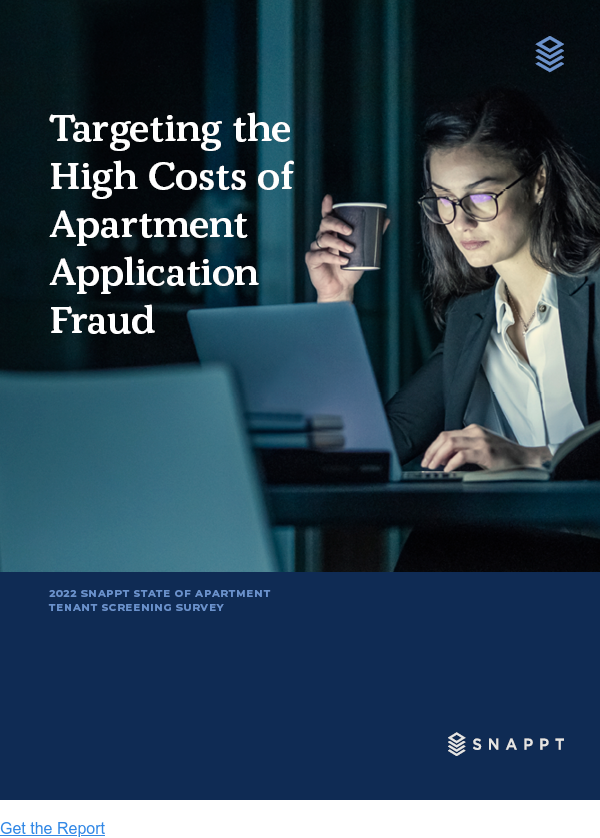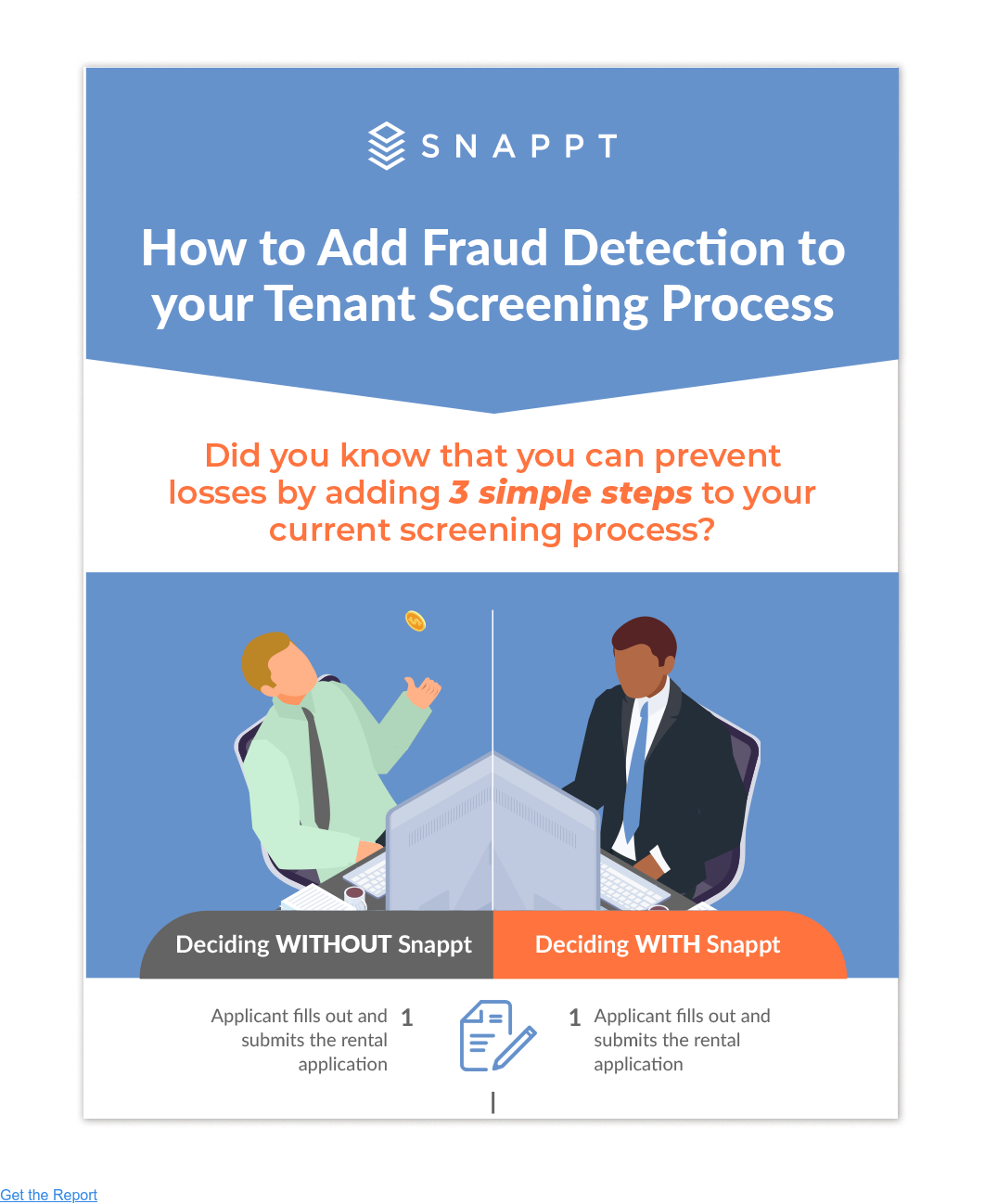The world has changed drastically because of technology. Until recently, the real estate sector was lagging behind. Today, digital real estate solutions are a norm, and many startups in the field are raising money to serve the market, and advance the industry.
We’ll discuss what exactly is Proptech, some examples of it, and how it affects the resident screening process specifically.
Let’s dive in!
What is Proptech?
Property technology, or Proptech in short, is a name for an industry leveraging digital advancements and using information technology in real estate markets to help it grow. Like reducing paperwork, and making transactions quicker and safer.Proptech is young, as it’s considered only a decade old. In 2012, 72 real-estate startups raised $221 million in venture capital. Today, proptech is soaring as VC poured $4B into the sector, just in Q1 2022 alone.
What are examples of PropTech?
In general, anything involving tech devices or systems that help build or maintain smart cities or smart homes (smart water purification systems and smart lights in your home), is considered smart real estate. More specifically, Proptech revolves around a few sub-sectors within the real estate sector. For example:
- ConTech (construction technology). Companies that 3D scan buildings from the inside, or outside, using special cameras, mapping drones, and algorithms. Matterport, who went public for $3.6 billion on the NASDAQ in 2021 via SPAC, is a great example.
- CRETech (commercial real estate technology). Think digital products or services that help search, rent, sell, and run commercial properties efficiently. Or companies which allow everyday people access to CRE investing. New startups like LEX, which allow commercial properties to go public, is a good example. Some more examples:
- Property search platforms (Loopnet).
- Financing services (Covercy) help general partners raise and manage money.
- ResTech (residential property tech). Think digital products helping people own or rent apartments and houses. Airbnb is a good example for travel/renting. Or Hometap, who helps people gain access to wealth when HELOC is not an option. Another strong startup helping homeowners get cash quickly and sell their homes is Sundae. Or Pacaso, helping people own their 2nd residence.
How Proptech is affecting resident screening
Online applications and image editing technology make it easy to falsify application documentation such as IDs, pay stubs, and bank statements.
Furthermore, the current tenant screening process is long, outdated, and often inaccurate. Faulty automated background checks freeze out renters and led to a Federal Agency recommending changes in tenant screening.
Proptech helps improve this process, both in speed and accuracy using online applications to streamline the rental processes. A great Proptech example that moves the real estate industry forward is our company, Spirited. We help landlords and property management teams authenticate paperwork submitted by tenants who go through the screening process.
We help make the tenant screening waterproof and seamlessly integrate into your leasing process, with onboarding only taking 20 minutes.
This serves owners, operators, and tenants alike—helping to simplify and streamline the leasing process. Landlords and property managers can improve their screening process with these solutions - ensuring they acquire legitimate, responsible, and credible tenants. Additionally, tenants get a simple quick way to submit their onboarding documents when trying to pass the screening.











